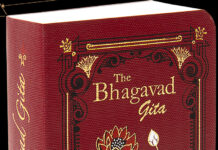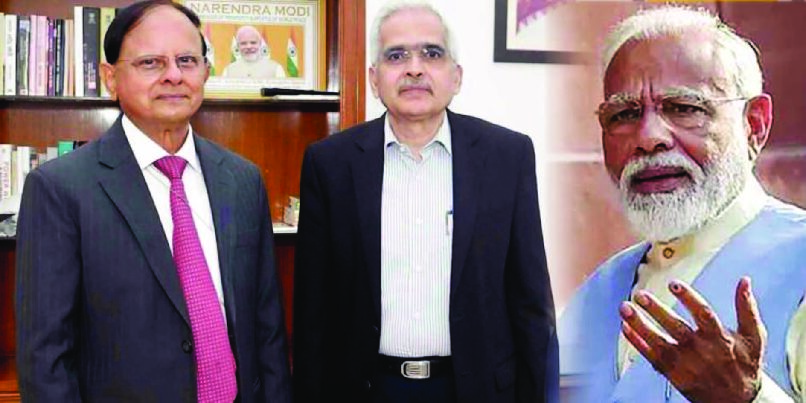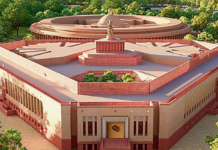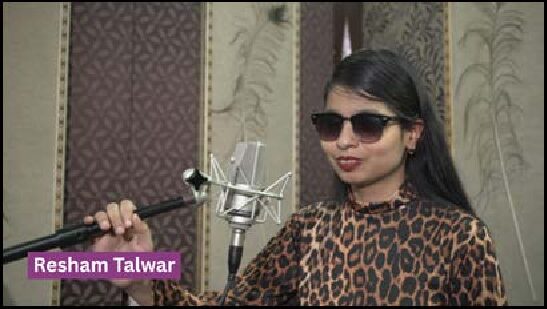The recent controversy surrounding the film ‘The Kerala Story’ underscores the delicate balance between artistic expression and societal concerns.
Voltaire said, “I disapprove of what you say, but I will defend to the death your right to say it”. This belief stands as a testimony to the north star of our society which is liberty. In a nation where freedom of speech and expression is enshrined as a fundamental right, it is imperative to safeguard this cherished liberty. The recent controversy surrounding the film ‘The Kerala Story’ underscores the delicate balance between artistic expression and societal concerns. While the movie has been marketed as “based on true events,” it has sparked fierce debates over its potential impact and calls for a ban. It is essential to navigate this controversy with a commitment to upholding freedom of speech.
Directed by Sudipto Sen, ‘The Kerala Story’ revolves around the alleged conversion of 32,000 women from Hindu and Christian communities to Islam, joining the ranks of the Islamic State of Iraq and Syria (ISIS) in Kerala. Petitioners arguing for the film’s ban claim that it could inject poison into the minds of innocent individuals. They further assert that ‘Love Jihad,’ an alleged phenomenon of forced religious conversions, has not been substantiated by any credible agency in Kerala.
The responsibility of determining a film’s fate lies with the Central Board of Film Certification (CBFC), which evaluates its compliance with constitutional guidelines. According to Article 19(1)(a) of the Indian Constitution, restrictions on freedom of speech and expression may be imposed to safeguard security, sovereignty, and integrity of the country, maintain friendly foreign relations, uphold public order, decency, morality, and prevent hate speech, defamation, and contempt of court.
While the CBFC is entrusted with the task of certifying films, including ‘The Kerala Story,’ it is crucial to respect their expertise and decision-making process. If the CBFC has approved the film for release, it signifies that it meets the necessary criteria and does not infringe upon the aforementioned constitutional restrictions. Banning its screening in any specific theatre would constitute an infringement on freedom of speech.
It is also essential for filmmakers to handle sensitive subjects responsibly and with due diligence. In the case of ‘The Kerala Story,’ if any concerns regarding factual inaccuracies or misinformation exist, it is pertinent for concerned parties to engage in dialogue rather than resort to outright bans.
The controversy surrounding ‘The Kerala Story’ calls for a careful and balanced approach that upholds the fundamental right to freedom of speech and expression. While societal concerns should not be disregarded, it is crucial to respect the CBFC’s decision and trust their expertise. Filmmakers should embrace their role as catalysts for change and contribute to a vibrant, informed society. Let us engage in meaningful dialogue, rather than stifling artistic expression, to address concerns and foster social progress.








































